by F. Quinn
The human cost of Napoleon Bonaparte’s “Russian Campaign”—the Patriotic War of 1812—was staggering. Napoleon lost over 500,000 men, the core of his army. Despite this loss, he did not lose his empire for lack of men. The Emperor would field an army of over 300,000 just a few months later in the summer of 1813.
[text_ad]
The most significant setback he experienced in 1812 was in horses. The Grande Armée lost an estimated 175,000 horses in Russia, a majority of which were highly trained cavalry mounts. The loss of cavalry horses would prove to be a major factor in the battles of 1813, 1814, and 1815. Napoleon’s victories against the Prussians and Russians at Lutzen and Bautzen in 1813 would have been on the scale of Austerlitz and Jena had he possessed the cavalry force to pursue the defeated allies.
The shortages of provisions and the harsh conditions of the retreat from Moscow accounted for the loss of most of the cavalry mounts. According to General Caulaincourt, Napoleon’s Master of the Horse, who was entrusted with maintaining mounts for Napoleon’s headquarters, “I enter into these particulars in order to answer in advance all the fables that have been told, and will yet be told, as to the effects of the cold, the lack of provisions, and so forth. During the retreat, horses fell and lay by the roadside chiefly because they were not properly shod to keep their footing on ice, and once down … they ended by lying where they fell, and cut up for food before they were dead. With proper shoeing and the exercise of a little care, the greater number would certainly have been saved.” Almost one-third of the horses in Caulaincourt’s care survived the retreat.
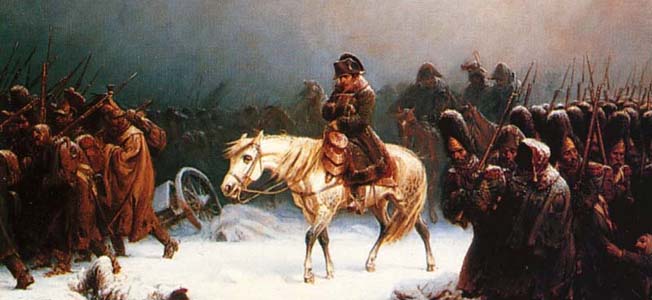
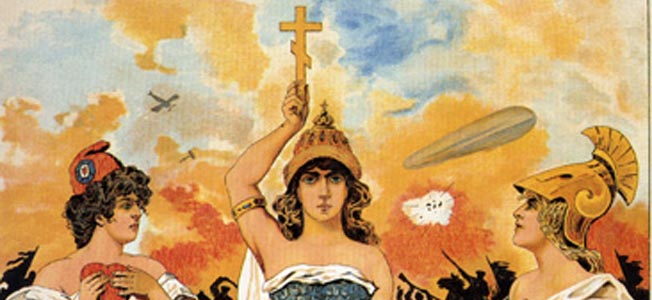
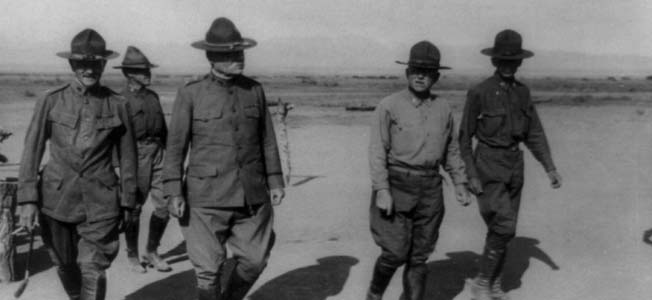
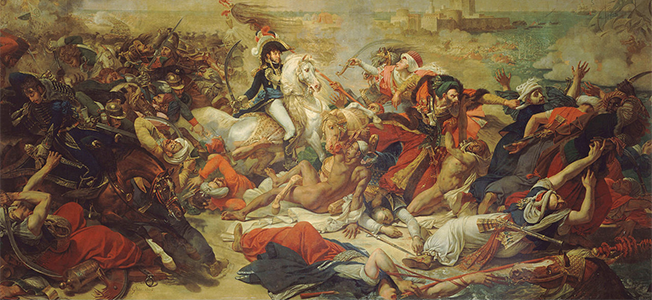
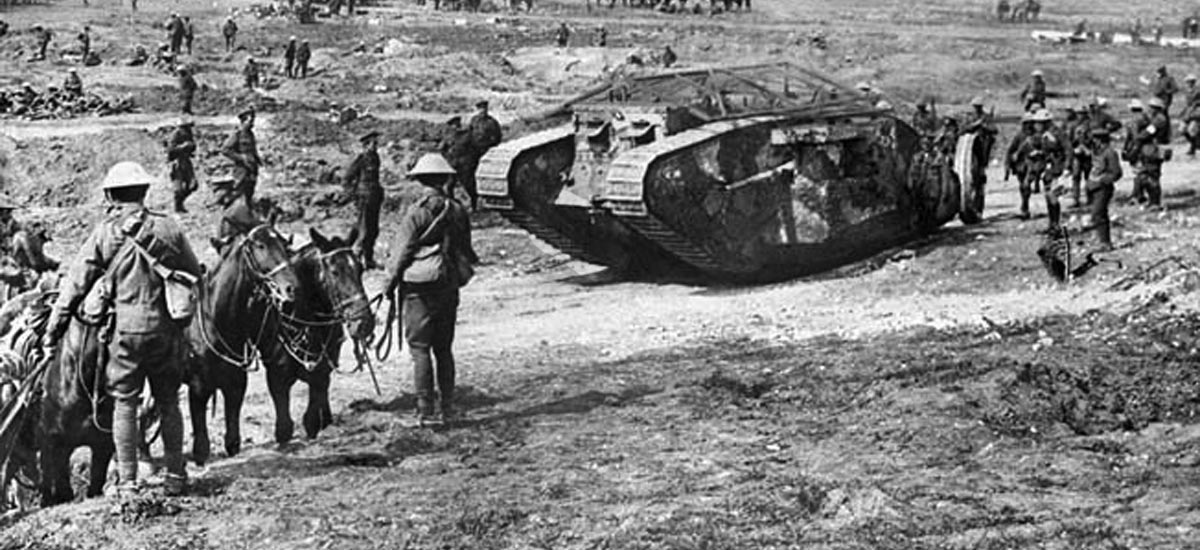


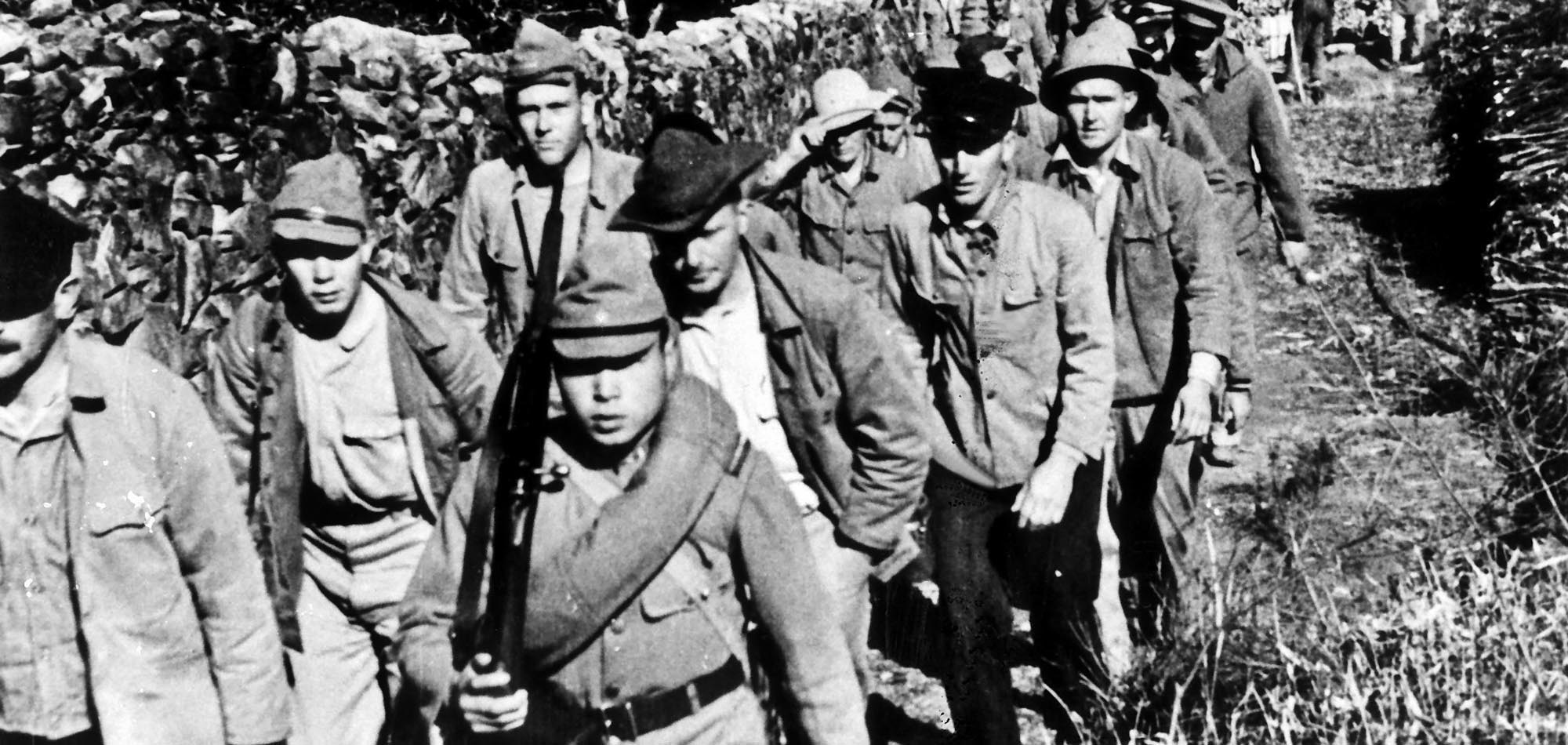
Join The Conversation
Comments
View All Comments